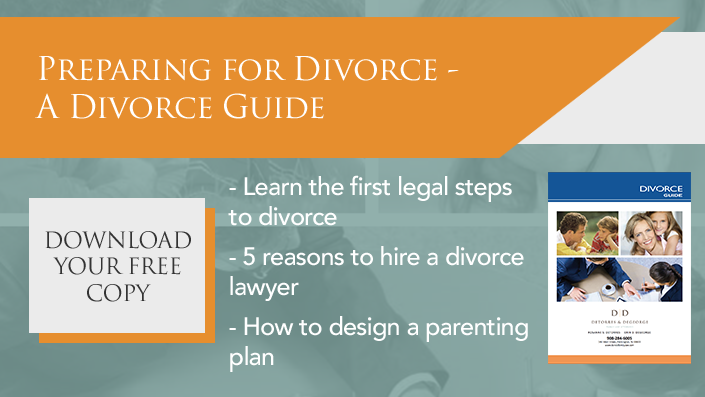We are often asked, “Can I still get divorced if my spouse doesn’t respond to our papers?” The short answer is yes. While the process can be more complicated when your spouse does not respond, you can still get divorced. When your spouse fails to respond to the divorce complaint, we call this being in default.
Initiating the Process
The beginning stages of initiating divorce are the same:
- Meet with and retain the attorney of your choosing;
- Complete the necessary paperwork for your attorney to file your complaint for divorce;
- File the complaint for divorce with the court in the county where you lived during the marriage, as long as either you or your spouse continue to live there;
- Have the complaint for divorce served on your spouse.
Service
The fourth step – serving your spouse – is often where it gets complicated. As long as you know where your spouse is living, service can be made by hiring either the local sheriff’s department or a private process server to deliver the complaint for divorce to your spouse. Another option is for your attorney to send what is known as an “acknowledgment of service” to your spouse with the complaint and summons. Your spouse would be asked to sign this acknowledgment and mail it back to your attorney. This would also be effective service.
Once your spouse is served with the complaint, they have 35 days to respond to the complaint in some way. Their response has to be in writing and served on your attorney and filed with the court.
If you don’t know where your spouse is and cannot serve him or her, there are alternate forms of service that will still allow your divorce to proceed.
Default
If your spouse does not file a response to the complaint within the allowed time frame, your attorney will then submit a request to enter default. This request tells the court that your spouse’s time to answer has expired and you would like the court to move the matter along without their participation. From that point, the process is more simple:
- Have your attorney file a request to enter default;
- Await a notice from the court advising when your default hearing will take place;
- At least 20 days before the scheduled default hearing, your attorney will provide your spouse and the court with a “Notice of Proposed Final Judgment”. This notice contains an outline of all the things you want the court to order in your divorce judgment. This may be very short or rather lengthy depending on your assets and the other issues to be addressed in your case, such as children; and
- Appear at the default hearing and present your proposal to the judge.
At the default hearing, the judge may make their decision while you are still in court, or may make a decision later and mail it to your attorney. Throughout this process, your attorney will continue to notify your spouse of court dates. In the event that your spouse comes to court on the day of the hearing, do not panic. If they have not participated throughout the process, they will only be permitted to question you about your testimony and proofs; they will not be permitted to introduce any of their own evidence or be allowed to testify on their own behalf.
At DeTorres & DeGeorge, our attorneys routinely handle default matters and have experienced great success in obtaining excellent results for our clients. If you would like to file for divorce, but are concerned that your spouse may refuse to participate in the process please call us today to schedule a consultation to further discuss your situation. Please call and speak to our intake specialist at 908-284-6005 or 973-264-4100


 START LIVE CHAT
START LIVE CHAT











